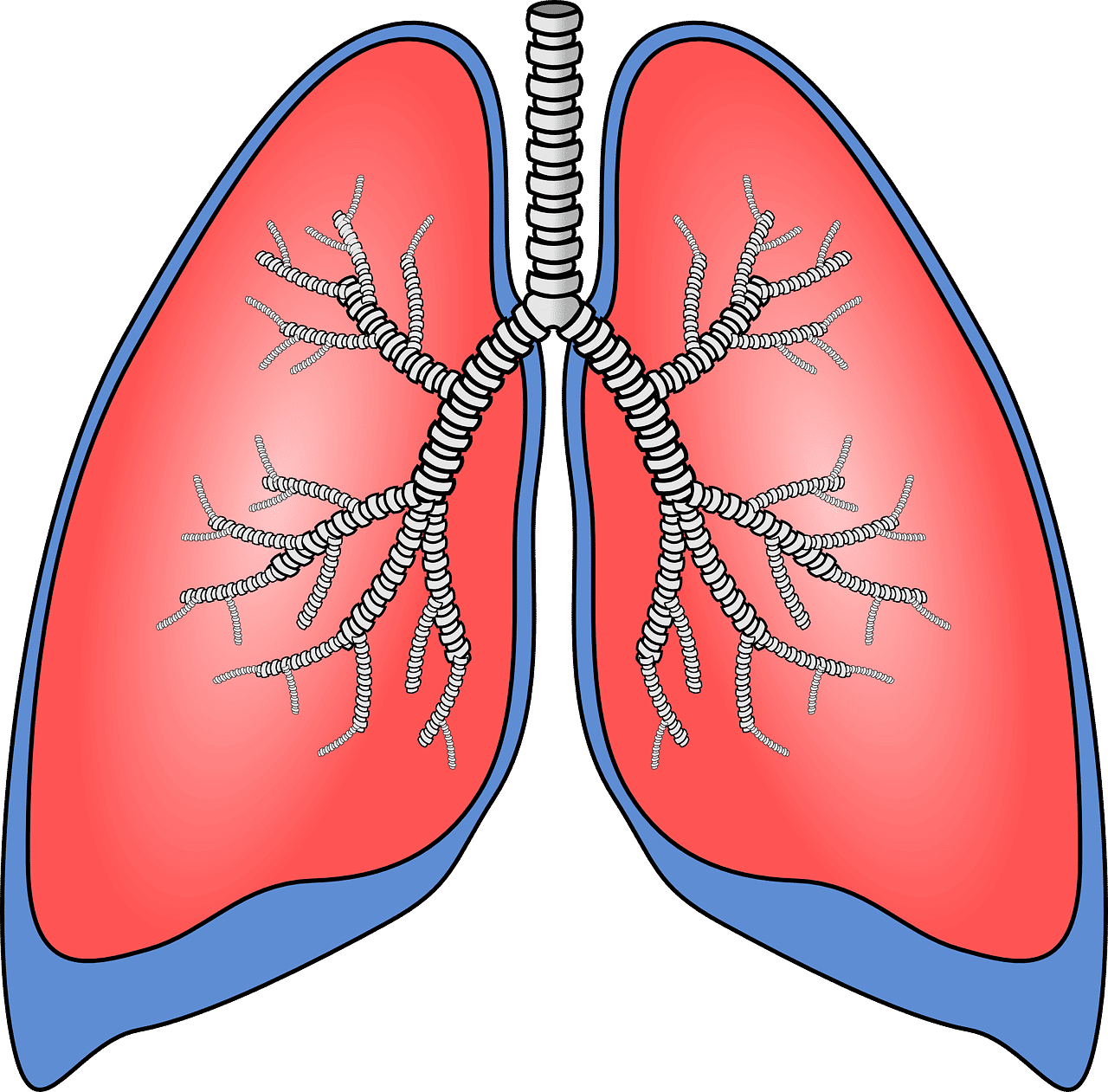Most people know the effect water can have on your lungs. While it is overall good for the body and the majority of our bodies primarily consists out of the water, there are certain parts of the body, mainly the lungs, that cannot handle even a little bit of water as it is not structured in a way to handle or function with it.
Ever wondered why, when you swim and swallow water unexpectedly, you tend to choke and cough it up? Well, that’s because excess water in the lungs tends to complicate breathing and if inhaled and not removed, it can become quite dangerous.
While the most common causes of water on the lungs are caused by accidents while swimming, nearly drowning and a serious instance of water leaking from the bloodstream into the air spaces of your lungs, which is also referred to pulmonary edema, as well as leak out of the lungs into the chest cavity which is referred to pleural effusion.
All of these cases could be highly severe and whichever removal methods are used, all depends on the cause of the water on the lungs.
Water Removal Methods
Expelling Water – By guzzling water too fast, all you need to do to remove the water from the lungs is give a powerful cough. This is the least dangerous instance of water on the lungs but when you inhale a lot of water or nearly drown, the water will be somewhat absorbed in your bloodstream, could be coughed out or suctioned out with a tube that is placed down your windpipe in severe emergency cases.
Lowering Water Pressure – If you have either kidney or heart failure, your body will naturally accumulate extra water which will cause hypertension and force water into the lung’s airspaces, the alveoli. Treatment involves diuretic drugs that remove any excess water as urine.
Flushing Out
Any lung disorder that can potentially reach higher levels than normal, as well as cause build-up of bacteria-laden mucus, such as cystic fibrosis, pneumonia and bronchiectasis should be treated by a lung washing procedure known as ˜lavage’.
Get water dispensers and water cooler accessories from Living-Water in London.






